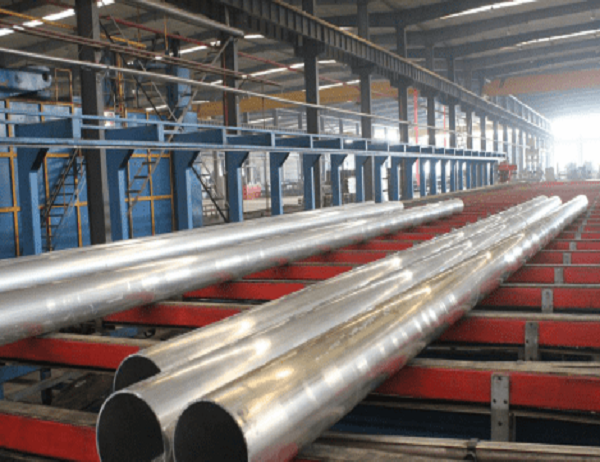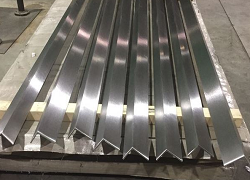Extruded aluminium tubes, widely used in a multitude of industries, are undergoing continuous advancements to cater to evolving market needs. Future innovations in this realm promise to enhance their properties, expand their applications, and drive technological progress.
Enhanced Material Properties
Strength and Durability: Recent advancements in alloys and extrusion techniques have led to the production of aluminium tubes with exceptional strength and durability. These tubes can withstand higher loads, impact forces, and harsh environmental conditions, making them ideal for high-performance applications.
Corrosion Resistance: Innovative surface treatments and coatings have significantly improved the corrosion resistance of aluminium tubes. They can now effectively resist salt water, acids, and other corrosive agents, ensuring longevity and reliability in demanding environments.
Advanced Manufacturing Processes
High-Speed Extrusion: Cutting-edge extrusion technologies enable the production of aluminium tubes at higher speeds without compromising quality. This increased efficiency reduces manufacturing costs and shortens lead times, enhancing the overall competitiveness of extruded aluminium products.
Precision Extrusion: Advanced control systems and tooling allow for precise extrusion, resulting in tubes with tight tolerances and complex geometries. This precision facilitates the production of tubes for specialized applications, such as heat exchangers, medical devices, and aerospace components.
Expanded Applications
Aerospace and Defence: Aluminium tubes play a vital role in lightweight structures, fluid systems, and thermal management in the aerospace and defence industries. Future innovations will focus on reducing weight, increasing strength, and improving heat dissipation to support the development of next-generation aircraft and spacecraft.
Automotive: Extruded aluminium tubes are increasingly used in automotive components due to their high strength-to-weight ratio and recyclability. Future advancements will explore innovative tube designs to enhance crash performance, reduce fuel consumption, and implement new technologies, such as electric powertrains.
Healthcare: Aluminium tubes are employed in medical devices, such as implants, stents, and catheters. Future innovations will focus on biocompatibility, lightweighting, and antimicrobial properties to improve patient outcomes and advance medical procedures.
Sustainable Solutions
Recyclability: Aluminium is highly recyclable, contributing to environmental sustainability. Future innovations will promote the use of recycled aluminium to reduce energy consumption, carbon emissions, and waste.
Lightweighting: Lightweight aluminium tubes can help reduce the overall carbon footprint of products, particularly in transportation applications. By optimizing tube designs and reducing material usage, future innovations will further enhance the sustainability benefits of extruded aluminium tubes.
Conclusion
Future innovations in extruded aluminium tubes hold immense promise for advancing technological capabilities, expanding applications, and promoting sustainability. Enhanced material properties, advanced manufacturing processes, expanded applications, and sustainable solutions will drive the growth and evolution of this versatile material. As research and development continue, the future of extruded aluminium tubes looks brighter than ever.



